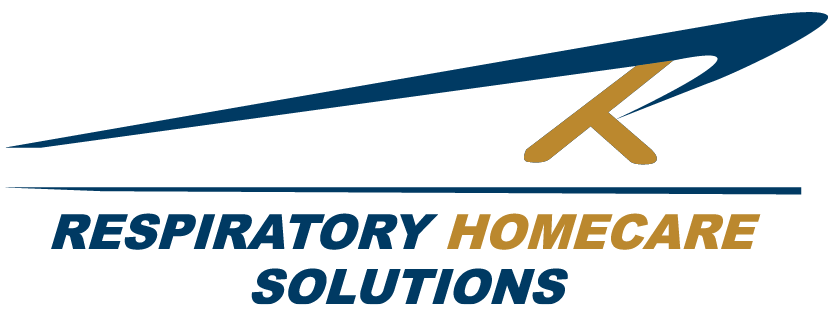What is sleep Apnea?
Obstructive Sleep Apnea (OSA) is not just snoring or feeling tired during the day – it’s a serious sleep disorder that occurs when you stop breathing or your breathing is interrupted during sleep, decreasing your oxygen levels and alerting the brain to wake you up to breathe. Sleep apnea is a common sleep disorder with 1 in 4 Canadians at risk for OSA. Undiagnosed or untreated sleep apnea results in excessive daytime sleepiness and other major health risks that can have a direct negative impact on an individual’s day to day life.
The Correlation between Sleep and Depression

There is a correlation between sleep and mood, and lack of sleep and depression. Research suggests that untreated sleep apnea can cause depression. Sleep apnea is associated with poor-quality sleep, insomnia, poor memory and irritability. And, OSA may cause depression due to sleep loss, sleep disruption and cognitive changes from OSA. Some studies report depression is highly prevalent in individuals with up to 63% of OSA individuals being affected by depression.1 Poor sleep, fatigue, and cognitive impairment are also common in depression. And weight gain and sleep disruption due to depression could cause or worsen sleep apnea. Some people experience an onset of symptoms from both conditions (OSA & depression) at the same time, while others experience sleep deprivation before depression.
Diagnosing OSA or Depression
It can be challenging to determine if certain symptoms are due to sleep apnea or depression or both. If you have some of the symptoms outlined below you should first determine if you have sleep apnea. Sleep apnea may be causing or contributing to your depression and treating sleep apnea can improve symptoms of depression.

Symptoms of OSA
Someone with sleep apnea may have the following symptoms:
- Loud irregular snoring
- Gasping or choking during sleep
- Frequent urination at night
- Constant tiredness
- Poor concentration
- Lack of energy
- Forgetfulness
- Leg cramps
- Weight gain
- Sexual dysfunction
Symptoms of Depression
- Irritability, frustration, and anger over small issues
- Feelings of sadness, emptiness, or hopelessness
- Changes in appetite
- Sleep disturbances like insomnia
- Fatigue and tiredness
- Trouble thinking or concentrating
- Headaches
Testing for Sleep Apnea
In most provinces, determining if you have sleep apnea can be done with a simple home sleep apnea test. Your family physician can provide a referral for a sleep test from a sleep clinic, like RHS. RHS sleep clinics provide accredited sleep tests free of charge that also include an interpretation from an independent sleep specialist.
How to treat OSA & Improve Depressive Symptoms
If your sleep test results indicate that you have sleep apnea then treatment would be recommended. Continuous positive airway pressure (CPAP) therapy is a common treatment for obstructive sleep apnea. A CPAP machine uses a hose and mask or nosepiece to deliver constant and steady air pressure to keep airways open during sleep. Treatment with CPAP is effective for all degrees of sleep apnea. Depending on the severity of the OSA, other treatments such as Oral Appliance Therapy (OAT) can also be applied. Treating sleep apnea will reduce many health risks associated with untreated sleep apnea and can also result in an improvement of depressive symptoms. If the sleep test results indicate that you don’t have sleep apnea, your physician can refer you to a mental health professional to talk about your depression.
References
1Harris Glozier et al. OSA and Depression Sleep Med Rev 13:437-444.

